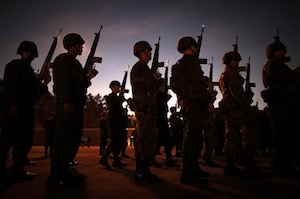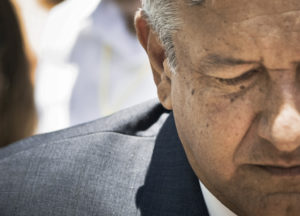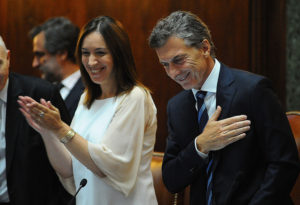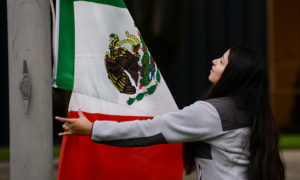Mexico Made Drug Crisis Worse, New Government Says
One legacy of former Mexican President Felipe Calderon’s drug war is the splitting up of the country’s drug cartels into 60 to 80 new trafficking gangs, Mexican Attorney General Jesus Murillo Karam says.
One legacy of former Mexican President Felipe Calderon’s drug war is the splitting up of the country’s drug cartels into 60 to 80 new trafficking gangs, Mexican Attorney General Jesus Murillo Karam says.
Calderon’s efforts to end the drug trade by pursuing the kingpins succeeded only in fracturing the gangs into numerous smaller and more deadly groups, Karam says.
This week, new Mexican President Enrique Pena Nieto announced a change in policy regarding the drug war with the creation of a federal police force that would shift focus from gang leaders to crime in general.
— Posted by Alexander Reed Kelly.
Your support matters…Agencies via The Guardian:
Murillo Karam told MVS Radio officials were working to identify all of the country’s 60 to 80 small- and medium-sized drug trafficking gangs. In its last public evaluation of the strength of Mexico’s cartels, the Calderón administration issued a report in August naming only eight large organisations. It said, however, that at least one cartel – the Beltrán-Leyva group – had split into fragments after a government offensive that killed its leader.
Murillo Karam elaborated on the new administration’s criticism of the Calderón strategy, holding it directly responsible for a rise in kidnappings and related crimes over the last six years.
“It led to the seconds-in-command – generally the most violent, the most capable of killing – starting to be empowered and generating their own groups, generating another type of crime, spawning kidnapping, extortion and protection rackets,” he said.
Independent journalism is under threat and overshadowed by heavily funded mainstream media.
You can help level the playing field. Become a member.
Your tax-deductible contribution keeps us digging beneath the headlines to give you thought-provoking, investigative reporting and analysis that unearths what's really happening- without compromise.
Give today to support our courageous, independent journalists.




You need to be a supporter to comment.
There are currently no responses to this article.
Be the first to respond.